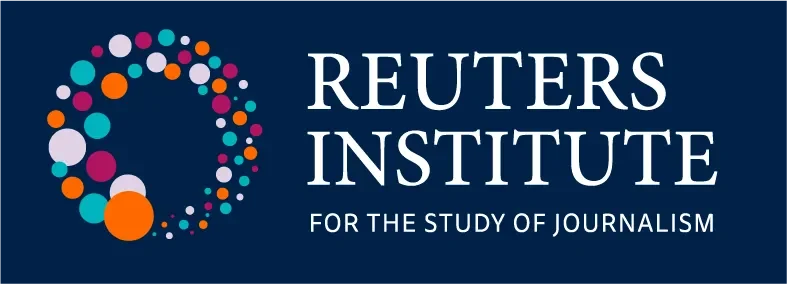
How Reuters Institute used YouGov Research to understand hard-to-reach audiences

Business challenge
To better understand payment triggers and motivations for niche segments of digital news consumers.
Solution
Qualitative research conducted within an online community on topics around digital news consumption.
Results
Uncovering motivations and concerns about paying for news from a hard-to-reach target audience.

Business challenge
Reuters Institute wanted to better understand the triggers and motivations for different segments of digital news consumers against the backdrop of the economic decline and resultant squeeze in household budgets. The economic downturn, accompanied by inflation and a cost-of-living squeeze, is adversely affecting the revenue of media companies across the world. Subscription publishers are reporting a slowdown in growth and in some cases a decline in headline numbers too. They wanted to find out why those who continued to pay for news did so, but also understand more about those who had changed their paying behavior – either reducing or stopping payments or starting or increasing.
Solution
As the target audience sample was highly specific, and understanding motivations for payment was crucial, YouGov built an online community to ensure participation and help with understanding the complexities of the matter.
Within this online community, qualitative research was conducted around digital news consumption, including what originally attracted subscribers to their subscriptions, important factors when considering subscribing, triggers for cancellation, alongside the value subscriptions hold in the context of the cost-of-living crisis. YouGov was able to recruit respondents to answer questions and take part in specific tasks each day to pull apart the motivations in detail, whilst allowing for reams of rich data to be delivered speedily and within the local language.
YouGov efficiently identified and recruited potential qual respondents using quantitative research to identify the relevant audience. Crucially, YouGov was also able to make the most of the sample within budgets. As YouGov’s qualitative team has a longstanding history of working online, we are well versed and well adapted in moderating using digital solutions and to be able to get much richer answers out of respondents than those using face to face methods. This also allows for broader research within the budgets. Using an online community, YouGov was able to recruit respondents to answer questions and take part in specific tasks each day to pull apart the motivations.
Results
Reuters Institute were able to engage with results from the online community created by YouGov, regularly reviewing and feeding back on respondent entries for further probing. This allowed YouGov and Reuters Institute to make full use of respondents’ time by asking follow up questions and getting to delve into much further detail than a traditional focus group would offer, all in real time.
The research informed a report published by Reuters Institute: Paying for news: Price-conscious consumers look for value amid cost-of-living crisis.
Client testimonial
"YouGov has been an outstanding partner in helping us to understand the complexities around paying for digital news. Using online communities, we were able to pick up many more combinations of payment and attitudes than we could have achieved with traditional focus groups and understand much more about the motivations and attitudes across countries. In combination with our annual representative survey, YouGov has helped to unpack important and actionable insights that will be of real value to the news industry and to those interested in the sustainability of news media."
-Nic Newman, Senior Research Associate, Reuters Institute for the Study of Journalism